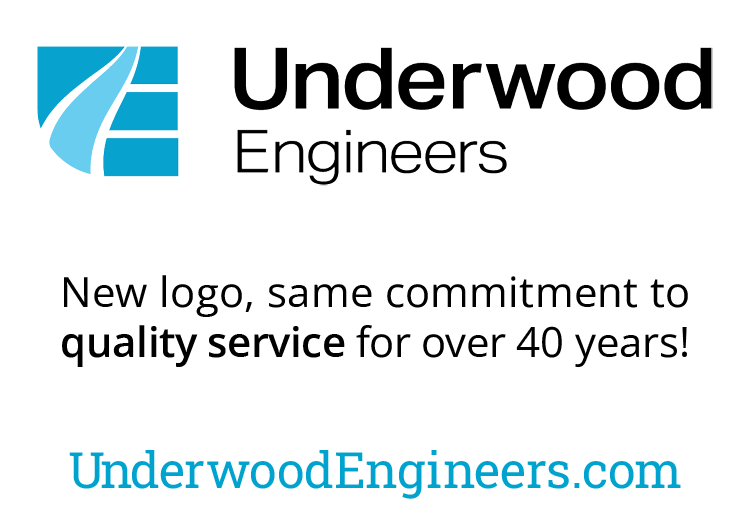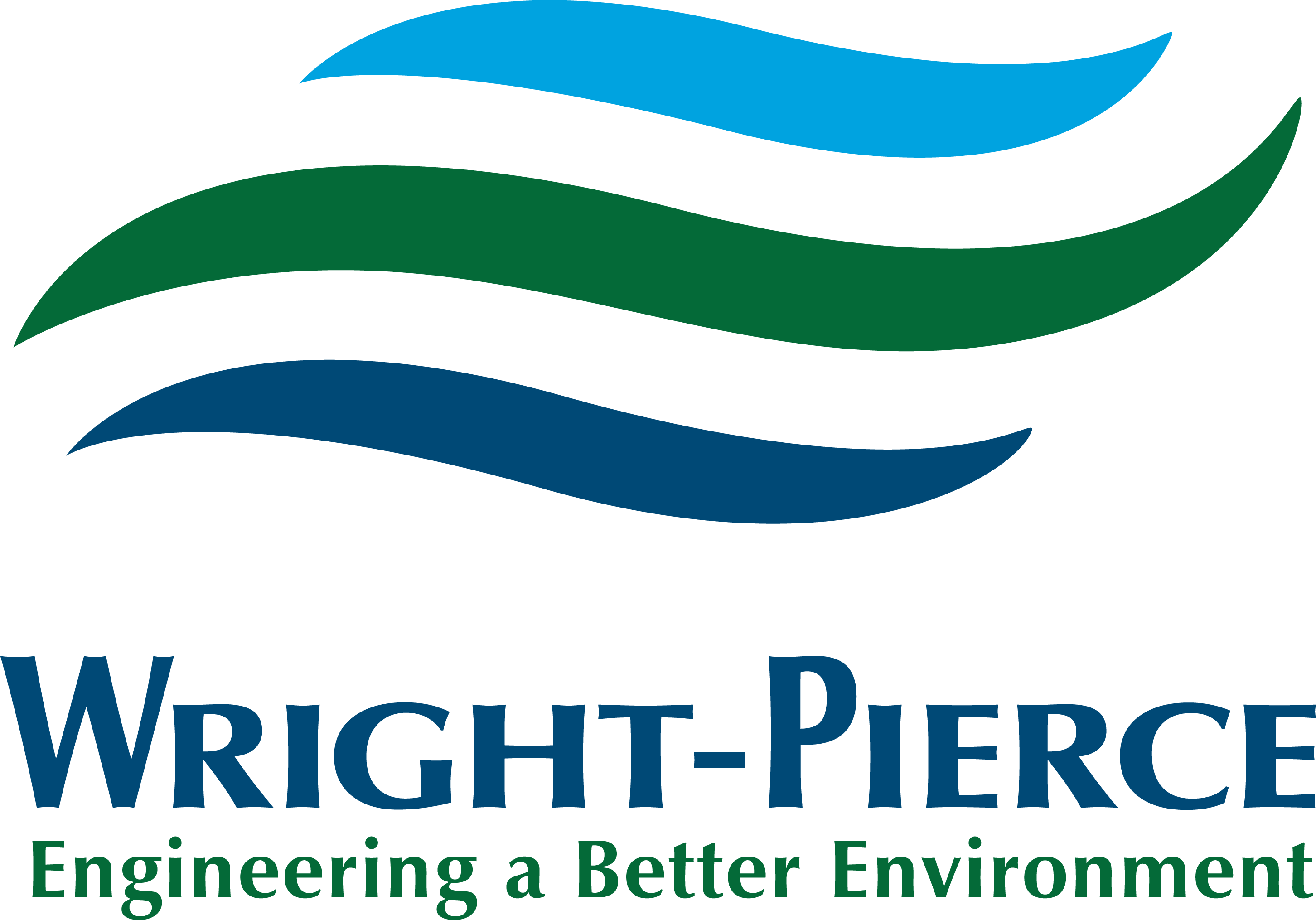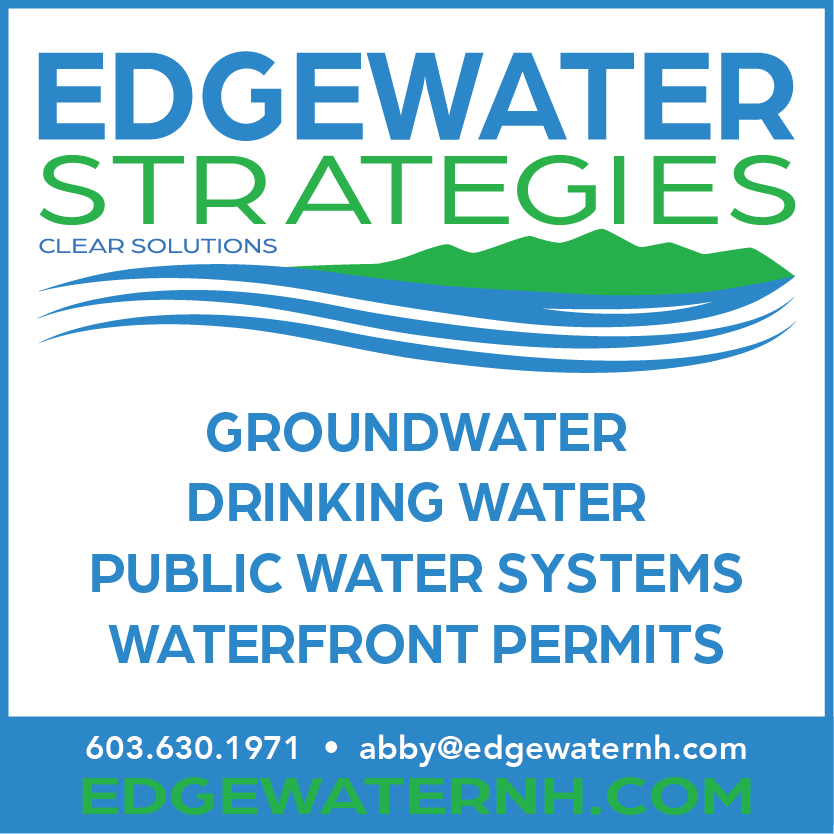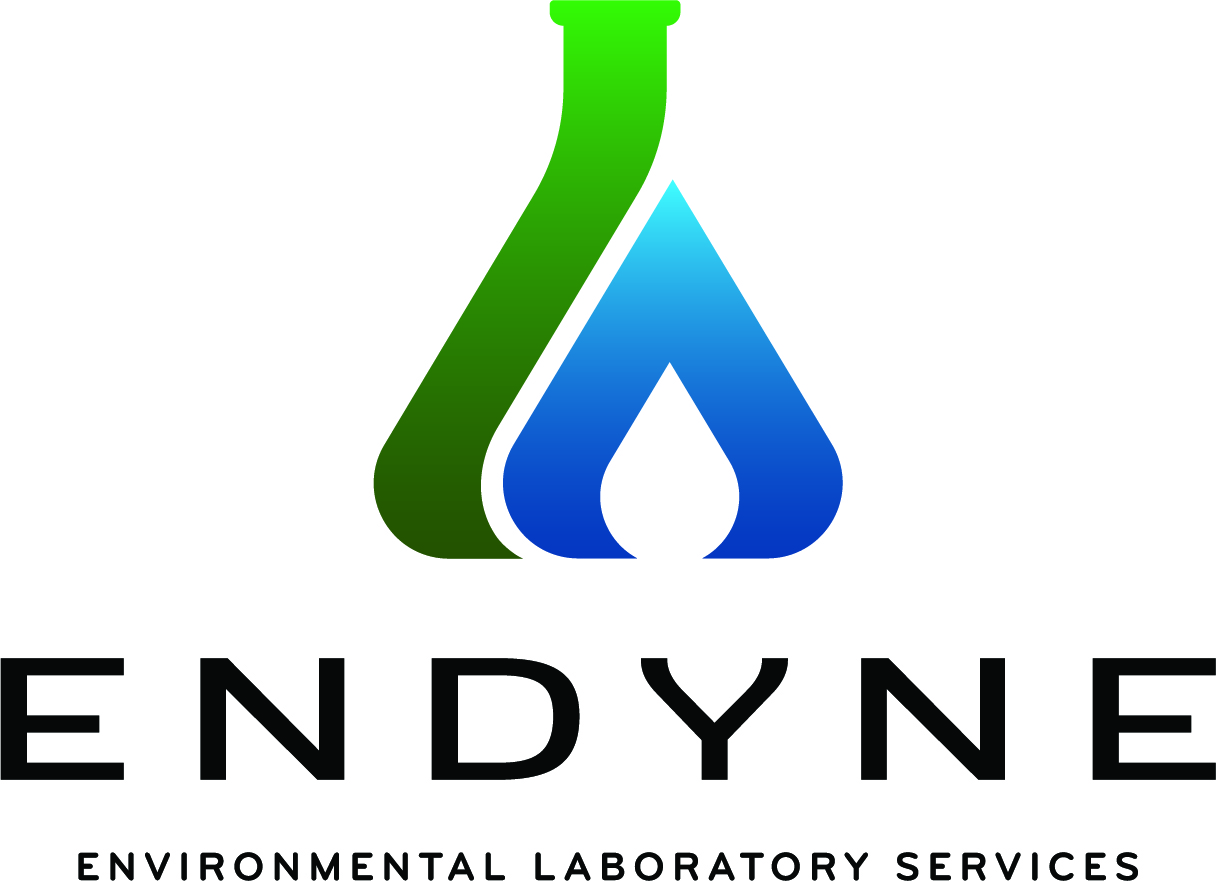PEOPLE POWERED
Strategic Priority No. 1 People Powered: Recruiting, Retaining, Educating, and Advancing the Water Workforce
Strategy’s Cultural Attitudes and Behaviors: Multigenerational; Skills-Intensive; Collaborative; Masters of Messaging; Assets-Attentive; Digital- and Data-Driven; Leaders, Unifiers & Trust Builders; Policy-Engaged.
Roughly 90% of the 400 licensed water works operators in NH will retire or leave their jobs by 2030 (NH Employment Security, 2020; GAO, 2018). Their replacement is hampered by low public awareness of water utility employment opportunities, and the increasing technical complexity of water utility jobs. Recruiting and retaining qualified and skilled people will be required to continue to operate and maintain the water systems needed to provide safe, dependable, and affordable water service.
Scenario Storylines:
- Challenge – Aging: An aging workforce is thinning the ranks of seasoned operators and leaders, causing loss of experience and institutional knowledge.
- Implications: Water utilities could face poorer performance (e.g., service disruptions or poor water quality) unless competent workers are recruited, trained and retained.
- Actions: NHWWA partners with schools, universities, state employment agencies, regional partners, and others to enhance and implement programs that will build and maintain a resilient recruiting, retention and development system for water utility workforces, while simultaneously touting the benefits of a career working for water utilities, including job security, professional development, a can-do culture, camaraderie, and serving the public good.
- Challenge – Complexity: Water systems are becoming increasingly complex (e.g., technology, science, financial management, rate structures, communications)
- Implications: Robust technical, management and communications training programs are needed more than ever to support the development and career advancements of new and current water utility professionals. On-the-job training is a significant educational pathway. Targeted curricula are required to support professional development and career growth opportunities.
- Action: NHWWA provides dependable, flexible and best-in-class technical training with a robust pool of respected instructors and an effective mix of delivery platforms (e.g. in-person, remote, hybrid, intern, mentor-protégé), including in collaboration with other entities when interests and needs align.
- Challenge – Capacity: Educational institutions (high schools with technical specialties, community colleges, 4-year colleges and universities) are not optimized to identify and train people for career opportunities offered by water utilities. Moreover, the costs of higher education and uncertain post-graduation employment prospects are fueling declining enrollment at 4-year schools.
- Implications: 4-year and other schools are reducing their course offerings due to enrollment declines, causing loss of educational and training capacity, and many students are not aware of career opportunities offered by water utilities.
- Actions: NHWWA coordinates a State-wide effort to build educational partnerships and resources that increase the State’s ability to meet current and future workforce needs.
- Challenge – Coordination: Workforce development programs that address the needs of water utilities exist but are scattered and uncoordinated.
- Implications: There is an inefficient use of educational and recruitment resources and lack of clear educational and career paths for water utilities.
- Action: NHWWA identifies and assesses existing programs and creates a united and coordinated network for professional development at a State-wide and potentially regional scale.
- Phase I. Assess existing and projected workforce needs and NHWWA’s capacity to meet them; build respected, dependable and affordable Instructor pool; create and deploy Career Panels with NHWWA Young Professionals; establish partnerships across sector to be informed and responsive to workforce needs; recruit, train and retain at least 50 new Operators per year through 2030, based on currently reported retirement and attrition rates.
- Phase II. Coordinate with regional partners (NHDES, NHES, NEWWA, GSRWA, AWWA, and EPA) to increase effectiveness and efficiency, and to position NHWWA for outside funding (e.g., NHDES contract, private foundations, program sponsors); comprehensive offerings of in-person, online and other modalities of training materials for water utilities’ needs; explore internship and mentor/protégé opportunities to enhance recruitment appeal and transfer institutional knowledge; raise awareness of workforce opportunities.
- Phase III. Targeted and sustained program in colleges and technical schools to attract, train and mentor new workers for water supply field; training program that builds deep bench of engaged, knowledgeable and committed corps of future leaders; evaluate OneWater! (combined drinking, clean and storm water) approach as a possible tool.
- Phase IV. Advocate for a regional/national center for workforce training and development; link drinking water industry with initiatives focused on enhancing NH’s quality of life, such as the Work-Stay-Play program (focused on an early-career demographic), State-wide sustainability efforts, and clean energy programs.





